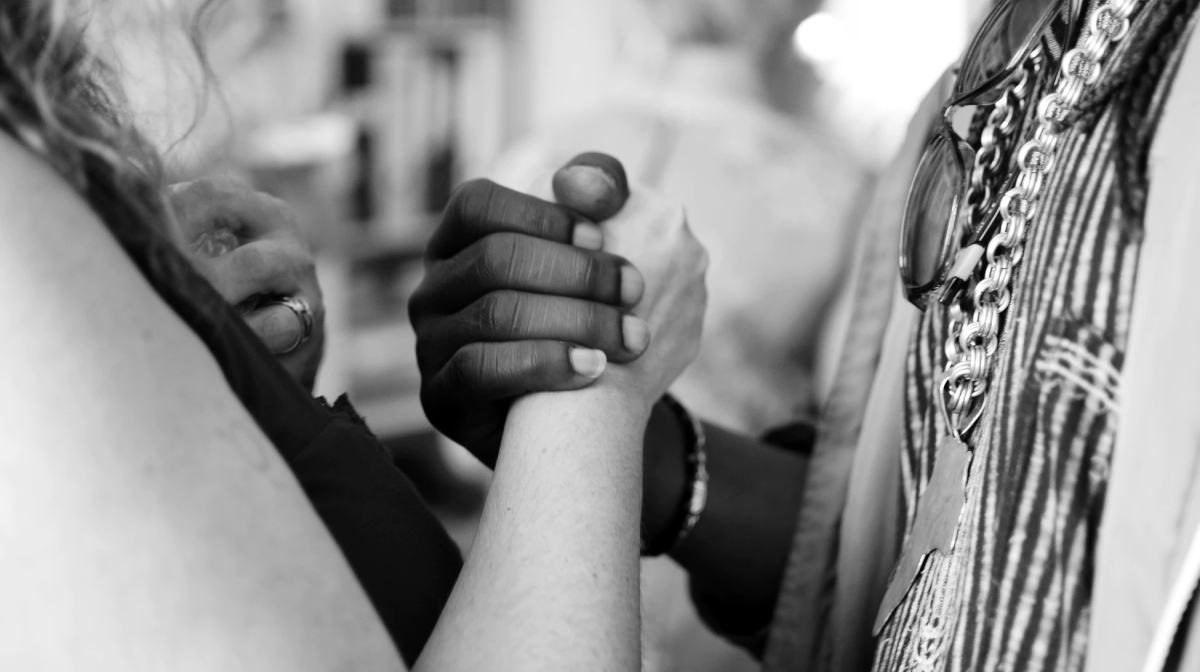Last month, Oxford University announced that it was looking into proposals to ban ‘inappropriate contact’ between its academics and students. In a nod to similar regulations already in place at a number of Ivy League universities and, more recently, UCL in the UK, the new plans would mean professors could be booted off campus for having any kind of intimate relationship with someone they are teaching or supervising.
On the one hand, the additional protections are long overdue. Alongside its regular position at the top of the university league tables, in 2017 Oxford found itself in the number 1 spot of another set of rankings when it reported the highest number of student allegations of sexual misconduct by staff of any British university. Enforcing the existing advice against sexual relations with real sanctions and punishment could be a welcomed antidote to the issue.
However, on the other, by their very nature, new rules serve to restrict individual liberties – whether for better or for worse. Sexual assault, harassment and rape are already illegal. What telling young female students who they can and cannot sleep with might risk, is feeding into a victim narrative that paints women as vulnerable, defenceless and in need of protecting from their own personal decisions.
Arguably, the true mark of an equal society is one where women have the freedom to make their own decisions and live with any of the fallout that comes from them. A hidden implication in Oxford’s proposal to enforce what has previously been only advisory, is that it does not believe that its female students are capable of doing this. It is worth noting that the proposals do not make explicit reference to female victims, however (telling in itself) all of the coverage around the topic has painted it as a gendered issue.

Victim narratives are essentially accounts of groups that focus on their experience of injury, injustice and misfortune. The term – long a buzzword of 21st century woke culture – is a complicated one. As with many such buzzwords, it is also marred by division and controversy, making important conversations around it all the more difficult to have.
Whilst feeding into these narratives excessively can risk becoming counterproductive, ignoring the victim-status of historically marginalised groups can be problematic too. Sadly, historical power imbalances between genders are not yet entirely a thing of the past and protecting against women finding themselves in toxic relationships and afraid that their grades might be affected by any attempt to leave them, could arguably still be a necessary precaution to take.
The tenuous line between protecting victims and feeding into their subordination was exemplified recently at another higher education institute, this time across the pond at Cornell University. As part of its COVID-19 response, the Ivy League college required all students to receive the flu vaccine if they were returning to its New York campus. However, students identifying as a person of colour could seek an exemption to the otherwise college-wide mandate because of “historical injustices and current events”.
Citing the history of Black, Indigenous and People of Colour (BIPOC) groups being ‘mistreated and used by people in power, sometimes for profit or medical gain’, the University’s full statement goes on to say that it is ‘understandable that the…requirements may feel suspect or even exploitative to some BIPOC members of the Cornell community’.
The logic is loosely based in the oft-cited critical race theory which argues that legal institutions and law are inherently racist and that race itself is socially constructed by white people to wield power over people of colour. During a recent expression of advocacy for the COVID-19 vaccine, former President Barack Obama addressed historical precedent which could contribute to the scepticism of some African Americans; citing the famous Tuskegee Syphilis Study in the 1900s, where black men infected with syphilis were tricked into thinking they were being treated when they were actually being given a placebo drug.
Whilst people of colour in America have every right to still be angry at their historical and continued mistreatment on the grounds of race, whether this means they should be given special exemption from vaccine mandates is another (arguably not entirely related) matter. In fact, singling them out in this way could actually risk furthering their exclusion and infantilization. Again, whilst their victim status cannot be denied, drawing special attention to it might not always result in the positive consequences intended.

It is these same kinds of issues that feature in debates around quotas, woman-only lists and affirmative action policies. Are they providing marginalised groups with a necessary boost up the ladder where oppressive forces would otherwise keep them off it, or are they actually a patronising hand-out? Worse, could they be giving fuel to the idea that women and POCs only get to where they are as a result of generous policy favours?
Wary of exerting my white cis-female opinion too heavily on the subject, I turned to a piece by ‘Shifter’ magazine co-founder Joe Mebrahtu for inspiration. Mebrahtu admits that even as a black man he is ‘conflicted’ by the stance of some social movements, including BLM. He suggests that focusing too heavily on the pains of the past can risk nurturing further discord and fear, and overlooking the fact that ‘true emancipation starts in the mind’.
As interesting as his take is, the real insight actually comes from the comments section – where opinions are starkly split between passionate advocacy for Mebrahtu’s article and vehement opposition to his point of view. The in-fighting is a perfect illustration of the kind of black and white thinking (pun unintended) that plagues our current political discourse, where opinions that can be summarised by a neat 280-character tweet are king.
The reality of the issue is much more complex than that. On the one hand, Mebrahtu is right to encourage personal responsibility and forgiveness. On the other, people can only be 100% responsible for their circumstances if they have 100% control over them. In a society still affected by severe structural inequalities, this is something that many do not have.
In all of these cases, there is a fine line between help and hindrance when it comes to expressing a victim narrative. Whilst any efforts to protect and advance the interests of marginalised groups are to be applauded, when this puts too much emphasis on the status of such groups as ‘victims’, the results can risk becoming counterproductive.
Sometimes special treatment of minority groups strips them of personal responsibility and reflects archaic views of their need for differential treatment. Sometimes, they are a necessary means to an end. That end is unequivocally equal treatment – the difficulty is working out how best to get there.
Header image credit: politico EU

